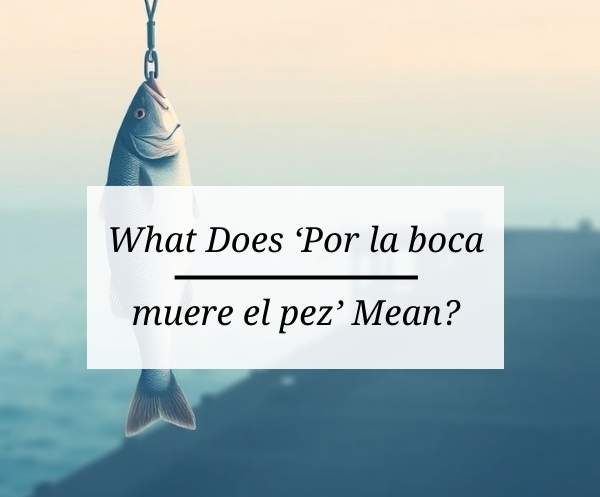“¿Cuál es la diferencia entre veintiún y veintiuno?”
What’s the difference between veintiún y veintiuno?
Veintiún is the short form or abbreviation of the word veintiuno, and it is used when another word follows the number veintiuno (twenty-one).
Just like with the words “un” and “uno” where un means a single unit of something and uno means the numeral one (1); veintiún must be accompanied by a noun (the twenty-one things or objects) and veintiuno is how you say twenty-one (21) as a standalone numeral.
veintiún + sustantivo: “Hay veintiún objetos”.
veintiuno: “El resultado fue veintiuno a cero”.
In that last example, you could use both forms depending on how you phrase it: “Hicimos veintiún goles” or “Ganamos veintiuno a cero” are both valid. The first one is an account of the goals, the second one is the score stated in numbers.
Veintiuno or Veintiún? Case By Case Examples
Case 1: Veintiún, not veintiuno
Notice that veintiún always carries an acute accent over the u because after losing the -o it changes its pronunciation (the last syllable is stressed now).
Maria: ¿Cuántas personas asistirán a la fiesta de esta noche? Juan: Veintiún amigos confirmaron que vendrán. Maria: Perfecto, entonces necesitaremos suficiente comida y bebida para todos.
In this case, veintiún is “twenty-one” in its masculine form. We don’t use veintiuno here because veintiuno is never followed by a noun. “Amigos” is the noun (or sustantivo) here. So: “veintiún amigos” = twenty-one friends.
Without going into a gender rant, in most situations “amigos” (plural for masculine “friend”) is the default for “friends”.
Case 2: Veintiuno, not veintiún
“La tienda ofrece una promoción de veintiuno por ciento de descuento en todos los productos.”
In this case, “veintiuno por ciento” translates as 21% where the twenty-one is a numeral and not an adjective of quantity (amount) of a certain noun (thing).
Case 3: Veintiuno for dates and times
Alejo: ¿Cuándo es tu cumpleaños? Jimena: El día veintiuno de febrero. Alejo: ¿Y cuántos años cumplirás el veintiuno de febrero? Jimena: El veintiuno de febrero cumpliré veintiún años.
Here, veintiuno is used to express the 21st day of the month. It’s common to say “el veintiuno” or “el día veintiuno” meaning on the twenty-first.
However Jimena is also talking about turning twenty-one years old and because she is counting a number of years she says “veintiún años”. We use veintiún because it is followed by the noun “años”.
Carlos: ¿Qué hora es? Ana: Son las veintiuno en punto. Carlos: ¡Qué tarde es! Tengo que irme a casa. Ana: Sí, es mejor que te vayas antes de que sea demasiado tarde. ¡Hasta mañana!
“Las veintiún horas” is how you would say 9pm in Spanish. It can be shortened to “Las veintiuno” also meaning 9pm. It is accompanied by “las”, the feminine article, because it’s the plural form of the feminine noun “hora”.
As you see, when we remove the word “horas”, we add the final “-o” to indicate that the time is “9” (the numeral nine / numeral 21). “En punto” means o’clock or sharp.
Giselle: ¿Cuándo te casaste con Laura? Carlos: Nos casamos en el dos mil veintiuno (2021).
Same as before, a single number is expressed in its full form (here ending in veintiuno).
Case 4: Veintiuna for feminine nouns
“Hoy he comprado veintiuna manzanas en el mercado para hacer una tarta de manzana.”
In this sentence, “manzanas” (apples) is a feminine noun, so we use the feminine form of veintiún which is “veintiuna.”
Case 5: (Exceptions) Veintiún for feminine nouns
According to the RAE, the numeral one, “una,” is abbreviated to “un” only when it precedes masculine nouns: un libro, un coche; or feminine nouns that begin with a stressed “a” (a vowel is stressed when it carries the prosodic or intensity accent): un águila, un alma, un hacha; but it is never abbreviated when it precedes feminine nouns that do not begin with a stressed “a”: una amapola, una mujer, una novela.
This exception applies to “veintiuna”, so veintiún águilas, and veintiuna personas are both correct forms.
Source: Real Academia Española - Español al día
Is it the same in all regions or countries?
These rules apply in every Spanish speaking country. The rules for using “veintiuno” and “veintiún” are generally the same across all countries where Spanish is spoken. However, there may be some regional differences in the use of these terms or in other aspects of the Spanish language.
Keep in mind grammar rules are not strictly followed by all 700 million Spanish speakers so it will depend on each variety and speaker of the language.
In summary
Generally, we use veintiún for masculine nouns, veintiuna for feminine nouns (with exceptions), and veintiuno is used to express the numeral twenty-one (21).
If you have a language-related question or need help with your Latin American studies or Spanish learning, send me your question and I’ll be happy to help.
Read more about general Spanish language doubts in La Gente or Las Gentes? Spanish Grammar Insights.
Photo by Jorge Gobbi





